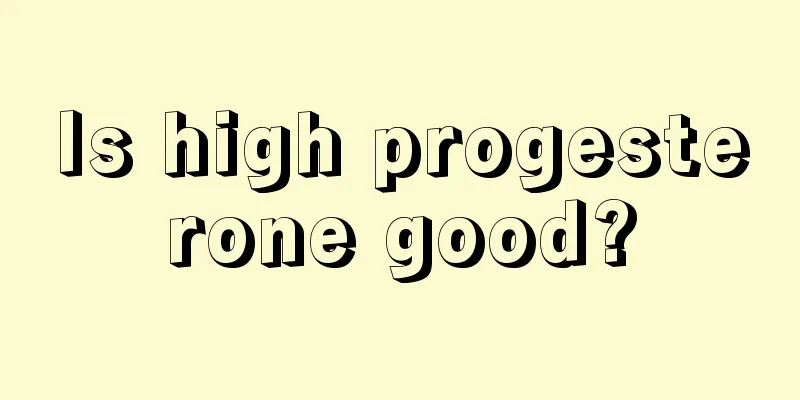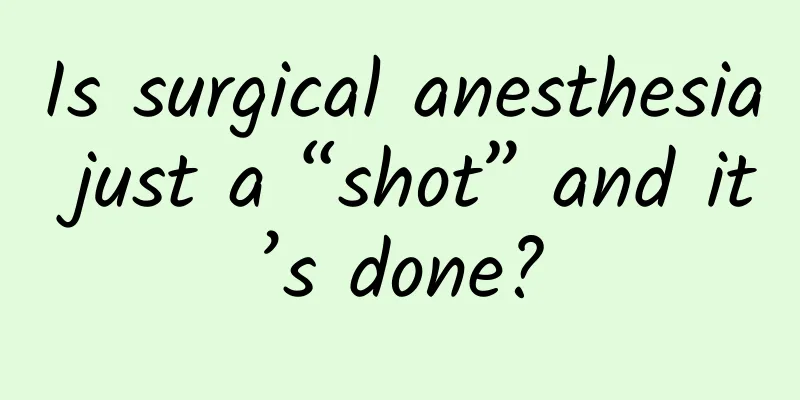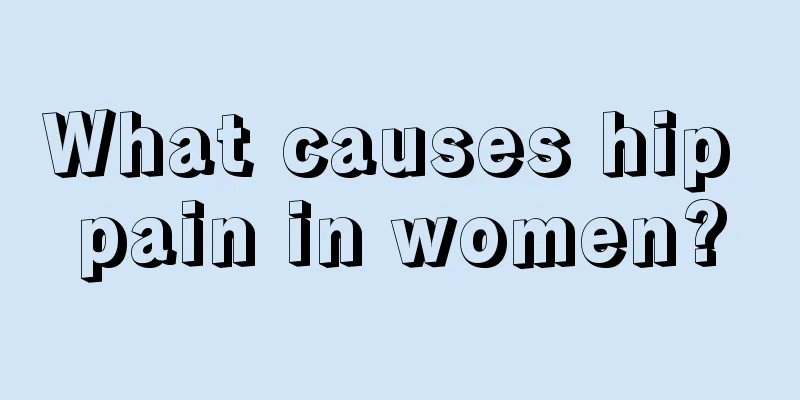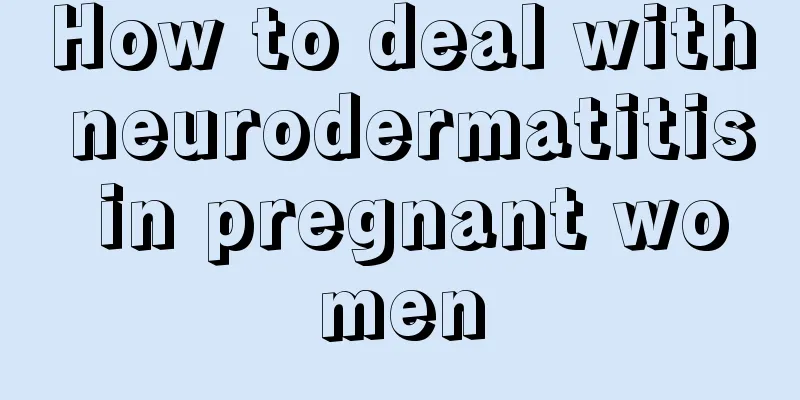Which came first, the chicken or the egg? - The causal relationship between kidney disease and hypertension
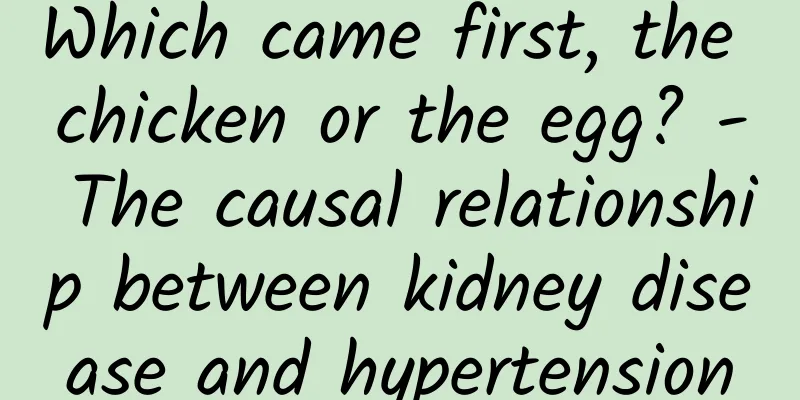
|
Medical experts tell us: "Long-term high blood pressure can cause kidney disease, and kidney disease can also cause high blood pressure." If you think about it carefully, you will have such a question, which one comes first? This question sounds like an interesting ancient puzzle that we often argue about - which came first, the chicken or the egg? In fact, unlike the relationship between the chicken and the egg, high blood pressure and kidney disease are like a pair of twin sisters. However, unlike the twin sisters who help and care for each other, this pair of sisters attacks and hurts each other! In medical terms, they are a vicious cycle of mutual cause and effect. In other words, no matter who is the initiator, once the two appear at the same time, they will fall into a vicious cycle of "kidney damage-high blood pressure-exacerbated kidney damage-higher blood pressure...", causing the condition to worsen. How does high blood pressure cause kidney damage? We know that the kidney is the part with the highest blood pressure in the body and is also one of the organs most vulnerable to damage when hypertension occurs. This is because the glomerulus, which is the main component of the kidney, is actually a vascular glomerulus. It is the direct recipient of blood pressure changes and is very sensitive to changes in blood pressure. As the systemic blood pressure of hypertensive patients rises, the direct consequence is the "three highs" (high perfusion, high pressure, and high filtration) state in the glomerulus. As the pressure in the glomerulus increases, it can leak out some things that would not leak out under normal pressure, such as certain protein components. This is like a sieve. If the pressure on the filtration side increases, more things will be sieved out. If hypertension persists, the structure of the "sieve" itself will also change, which is the medical term - glomerular sclerosis. In addition to damage to the glomerulus, long-term hypertension can also cause damage to the renal tubules and renal interstitium. Therefore, if hypertension is not well controlled, it will gradually cause renal damage and even progress to chronic renal failure. Its last and most serious stage is the uremia that everyone talks about. Why do patients with kidney disease often suffer from high blood pressure? Generally speaking, hypertension is divided into two types according to the cause: primary and secondary. The former refers to hypertension with unknown causes, while the latter refers to hypertension with clear causes. We should note that chronic kidney disease is the most common cause of secondary hypertension, which is medically known as renal hypertension. There are two main reasons why kidney disease causes hypertension: 01: Renin influence The kidney is the only organ in the human body that secretes renin. The main function of renin is to cause blood vessels to constrict and increase blood pressure. In normal people, the amount of renin secreted by the kidney is just right, which can maintain blood pressure but not cause it to rise excessively. When the kidney becomes diseased, the situation changes. At this time, the secretion of renin will increase sharply, causing spasms in small arteries throughout the body, resulting in increased resistance of small arteries, and high blood pressure will ensue. 0 2: Water and sodium retention In addition to removing toxins from the body, the kidneys are also responsible for the excretion of water and sodium in our bodies. If they are sick, water and sodium cannot be excreted, and the blood volume will be too high. Edema is often seen in patients with chronic nephritis, which is the most common manifestation of excessive blood volume. Another consequence of excessive blood volume is that it can cause the patient's blood pressure to rise. It can be seen that kidney disease is also one of the culprits leading to high blood pressure. Summary: The early symptoms of hypertension and kidney disease are not typical and are often ignored. Therefore, we need to enhance the awareness of health examinations and strive to achieve early detection, early diagnosis and early treatment of hypertension and chronic kidney disease. |
<<: Rhinitis Demystified: Learn about the different types of rhinitis and how to treat them
>>: How to deal with abdominal pain while running?
Recommend
What causes gynecological trichomoniasis? It's because of this
Gynecological trichomoniasis is a disease caused ...
What to do if your eyes turn red after staying up late? How to take good care of your eyes in your life
Eyes are the carrier for us to gain access to the...
Why does eating pumpkin increase blood sugar instead of lowering it?
It's pumpkin season again. Pumpkins are soft,...
Can pregnancy with hepatitis B be inherited?
During pregnancy, triple positive can cause great...
What to do with an inverted nipple
The nipple is an absolutely sensitive and fragile...
Is it good for a woman to dream of others giving her money?
In this world, money is very hard to make. Someti...
When can the gestational sac be seen?
During the entire pregnancy period, B-ultrasound ...
Is Fungus a plant? Why does Fungus have a pungent smell?
Is white fungus the same as Tremella? I guess many...
Will the hair on a girl's belly go away?
Body hair is a very common phenomenon. Men and wo...
What is normal uterine contraction pressure?
Fetal heart rate monitoring is an item that mothe...
What causes black clots in menstruation?
Menstruation is something women are very familiar...
What happens if you eat too much Moringa seeds? Will eating too much Moringa seeds cause poisoning?
Moringa seeds contain high protein and fiber. Reg...
Important reminder! 9 important points to note when doing antigen self-test
recently In response to some netizens' questi...
What if I have no pregnancy line at six months of pregnancy?
There is a folk saying that if there is no pregna...
What causes small eggs?
For some female friends, their egg health may be ...
